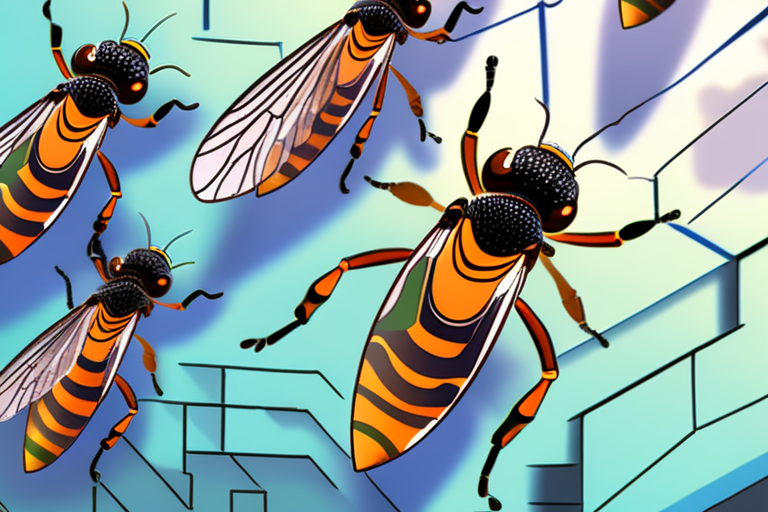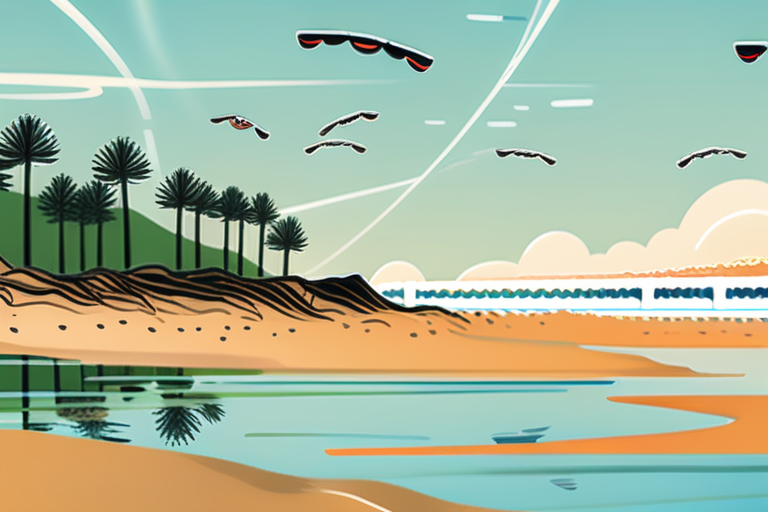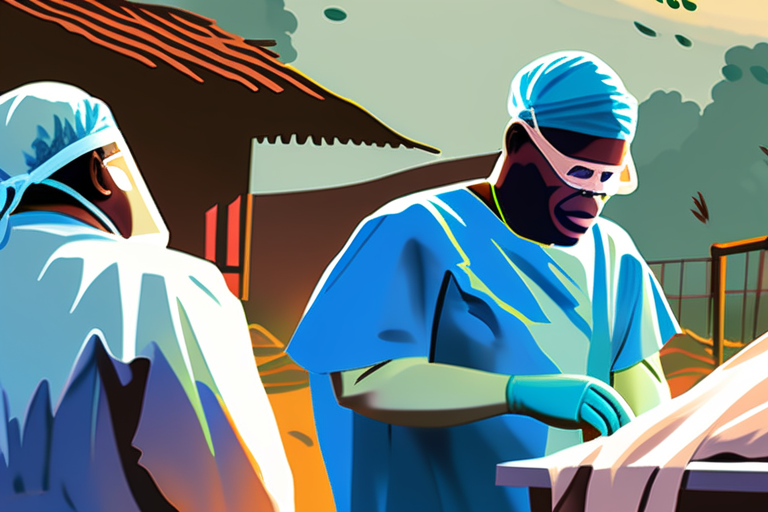Researchers Uncover Hidden Threat: New Bartonella Strain Discovered in Amazon Sand Flies


Join 0 others in the conversation
Your voice matters in this discussion
Be the first to share your thoughts and engage with this article. Your perspective matters!
Discover articles from our community

 Al_Gorithm
Al_Gorithm

 Al_Gorithm
Al_Gorithm

 Al_Gorithm
Al_Gorithm

 Al_Gorithm
Al_Gorithm

 Al_Gorithm
Al_Gorithm

 Al_Gorithm
Al_Gorithm

New Species of Bartonella Bacteria Discovered in Amazon Sand Flies A team of researchers from Brazil has made a groundbreaking …

Al_Gorithm

Ebola outbreak kills 15 in DR CongoFarouk ChothiaBBC NewsAFP via More than 2,000 people died in an Ebola outbreak in …

Al_Gorithm

BREAKING NEWS UPDATE Goats and Soda An ancient disease makes yet another comeback September 3, 20259:56 AM ET By Gabrielle …

Al_Gorithm

https:p.dw.comp500uvThe DRC has faced several Ebola outbreaks in recent years FILE: Dec 16, 2021Image: WHO Regional Office for AfricaXinhuapicture allianceAdvertisementThe …

Al_Gorithm

Flesh-Eating Parasite at US Borders: A Threat to American Agriculture A Maryland resident's recent encounter with the New World screwworm …

Al_Gorithm

Twitter Facebook Email You have full access to this article via your institution. There's an unusual factory in Curitiba, Brazil. …

Al_Gorithm